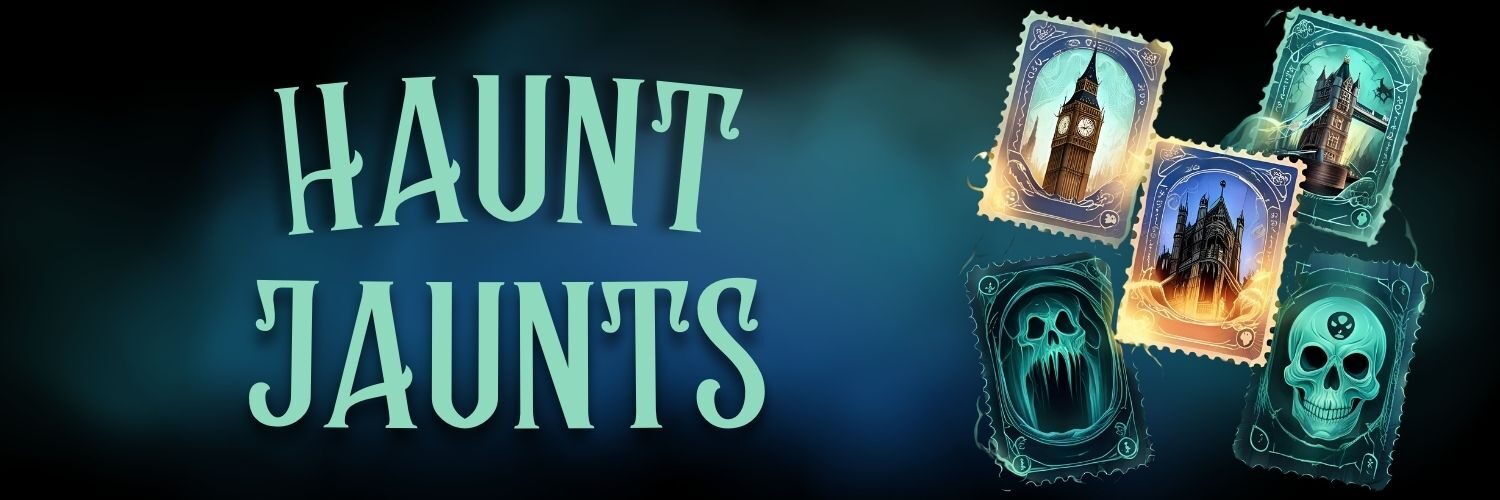
When Scream hit theaters in 1996, it was touted as everything from a “spoof” on slasher films to a brilliant resurrection of the genre, which was very worn out by that time. When people credited Wes Craven with initiating the project, he always insisted Kevin Williamson’s writing was the real genius behind the movie’s storyline. And like with any good story, people wanted to know what inspired Williamson to write Scream.
We’ll come back to that. Let’s fast forward two and a half decades to the imminent release of the next installment in the Scream franchise, a.k.a. Scream 5. It hits theaters on Jan. 14, 2022.
Right as promo for the newest movie started ramping up, E! reported that the original Scream was inspired by the Gainesville Ripper murders of 1990. And not too long after that, Discovery Inc. announced the release of the newest installment in its Shock Docs series, Scream: The True Story. It’ll release the same day as the movie.
Okay so back to the original Scream. Was it inspired by the brutal murders of five college students in Florida in August 1990?
Yes and no.
First, let’s quickly recap who the Gainesville Ripper was and what he did, then we’ll see how it ties into Scream‘s inspiration.
The Gainesville Ripper
The press dubbed serial killer Daniel “Danny” Harold Rolling the Gainesville Ripper after the four-day killing spree that resulted in the mutilation slayings of five college students. Four were University of Florida students: Sonja Larson, Christina Powell, Tracy Paules, and Manny Taboada. One, Christa Hoyt, was a student at Santa Fe Community College.
Powell and Larson were roommates. Their bodies were the first to be found on Aug. 26, 1990. Both had been stabbed and raped and their bodies left in sexually suggestive positions. It’s believed they had been dead for 48 to 72 hours before they were found.
Hoyt’s body was found on Aug. 27. She met the same fate as Powell and Larson except she had also been decapitated.
High school friends and roommates Paules and Taboadas were found on August 28. Paules had also been raped. Taboada had clearly tried to fight his attacker off, as evidenced by defensive wounds on his arms.
Very similar to Scream, at first the case was a whodunnit. But unlike Ghostface, the Gainesville Ripper was only one person and didn’t know his victims beforehand.
Because of similarities to a triple murder in Shreveport, Louisiana, investigators found their way there. That’s when they received a tip leading them to Danny Rolling, who had been arrested on Sep. 7, 1990, for a supermarket robbery in Ocala, Florida, where he was being held in jail.
Investigators returned to Florida and pieced together evidence that linked Rolling to the murders, including tools used at the crime scenes and audio dairies he made that referred to the crimes.
Rolling was officially charged with murder in 1991. In 1994, he was sentenced to death. He died by lethal injection at the Florida State Prison in 2006.
How the Gainesville Ripper Inspired Scream
At first blush, there doesn’t really seem to be much of a correlation between Scream‘s storyline and the Gainesville Ripper case —other than a clear slasher component.
Rolling acted alone. He didn’t dress up in a costume. Nor was he known to his victims like Ghostface was in Scream.
So what’s the correlation between the Gainesville Ripper and Kevin Williamson’s inspiration for Scream?
The answer lies in newspaper articles from the late 1990s after Scream was released and as press was ramping up to promote Williamson’s next movie, I Know What You Did Last Summer.
One such article was from the Detroit Free Press. On December 19, 1997, they published, “A spooky night launched the career of ‘Scream” writer,” which was a reprint of an article by Barry Koltnow from the Orange County Register.
Then-aspiring writer Williamson needed money so he agreed to watch a friend’s house and dog for $20. Here’s how the article relayed what happened next:
He stayed at the home and everything was going fine until late that night, when he discovered a rear window was wide open. He was sure that window had been closed the last time he checked, and he began to fear an intruder was in the house.
It didn’t help that he had just watched a TV special on the gruesome campus murders in Gainesville, Fla.
Williamson ran to the kitchen, pulled a butcher knife from a drawer and began searching for the intruder. But first, he picked up a portable phone and called a buddy.
Slowly walking through the house, checking under beds, in closets and behind shower curtains, Williamson was nervous enough without having his playful friend trying to scare him to death on the phone.
“Jason’s behind that door,” the friend would say. “Watch out, he’s got a knife.”
Williamson was terrified, but he admits now that he was starting to enjoy the banter. The two friends discussed horror movies as Williamson searched for the ax murderer in the house.
Ah. Now I see it. Williamson’s personal experience sounds much more like the Scream plotline than the Gainesville Ripper case does.
But there is a thin thread of a connection with the campus murders…just not the way some outlets are trying to spin it.
Check-In
Did you know before now what inspired Kevin Williamson to write Scream?
Courtney Mroch is a globe-trotting restless spirit who’s both possessed by wanderlust and the spirit of adventure, and obsessed with true crime, horror, the paranormal, and weird days. Perhaps it has something to do with her genes? She is related to occult royalty, after all. Marie Laveau, the famous Voodoo practitioner of New Orleans, is one of her ancestors. (Yes, really! As explained here.) That could also explain her infatuation with skeletons.
Speaking of mystical, to learn how Courtney channeled her battle with cancer to conjure up this site, check out HJ’s Origin Story.

That’s a HECK of a joke to play on someone. Poor Williamson. No, I didn’t know that had happened to him. I’m glad he was inspired and made something spectacular out of it!
Just goes to show you never know where the inspiration might come from. lol